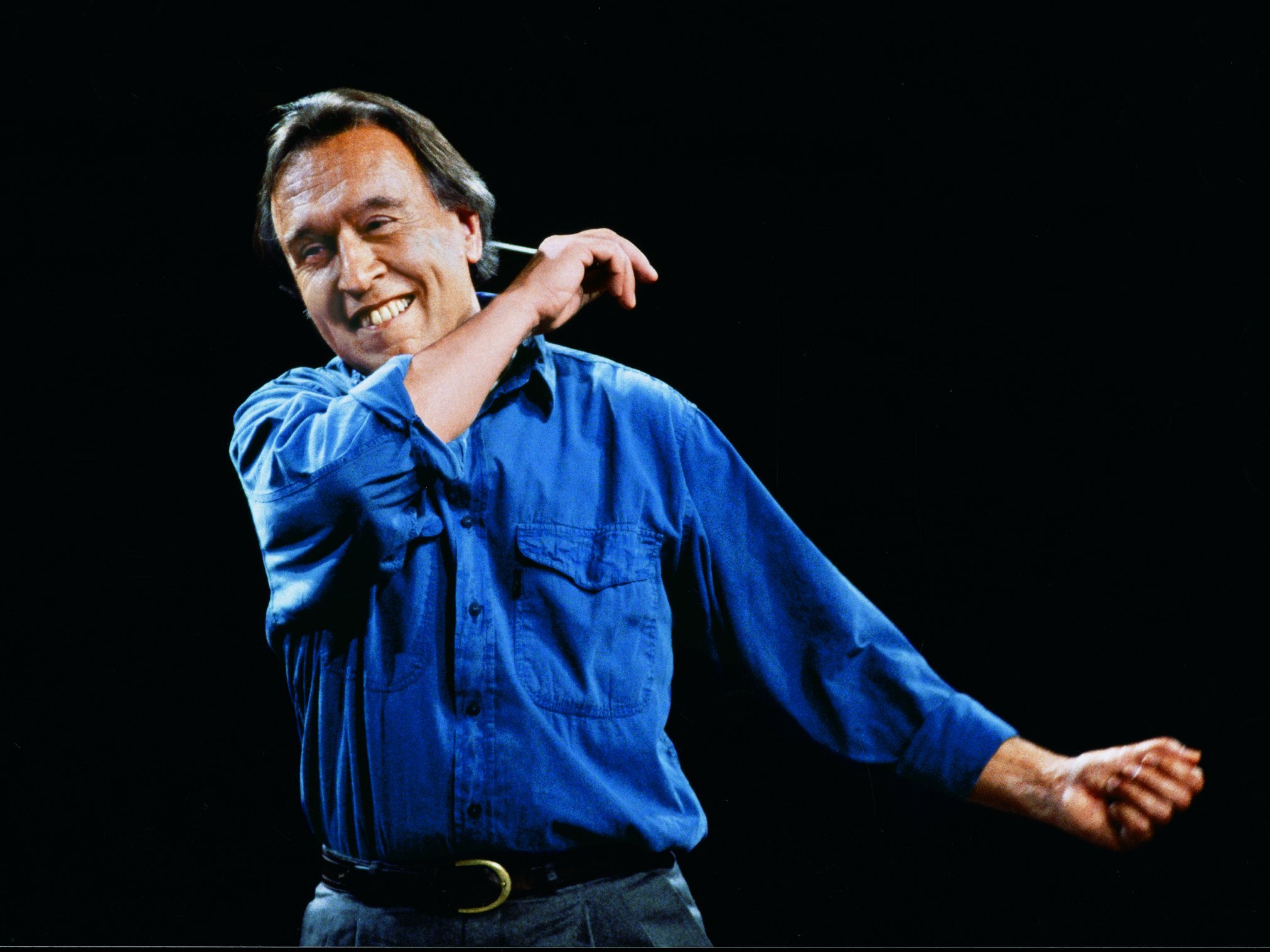
When Claudio Abbado, chief conductor of the Berliner Philharmoniker from 1989 to 2002, died on 20 January 2014, we lost a musician who possessed unique artistic and human qualities. Today marks his tenth anniversary. The authoritarian manner of a star conductor was never for him; he treated his musicians as equals. Listening to each other, making music in a spirit of togetherness: that was his ideal. This was especially evident in his interpretations, which were characterised by a sensitive dialogue between the voices, even in large orchestral works.
When Claudio Abbado took up his post with the Berliner Philharmoniker in 1989, it was a turning-point. In cross-seasonal themed programmes on Faust, Prometheus or Shakespeare, he opened up unfamiliar perspectives on well-known works, and at the same time, inspired curiosity for new discoveries. This was accompanied by a new kind of stylistic differentiation: the Berliner Philharmoniker became more at home with baroque and modernist repertoire than ever before. Above all, Claudio Abbado opened up the universe of Gustav Mahler's music to the orchestra. Beyond these programmatic achievements, there was the matter of his sheer artistry. It was music-making in the moment, touching orchestra members and audience alike to the core, making the music’s magic tangible.
As the founder of youth orchestras and as a mentor to outstanding young musicians, Claudio Abbado was committed to supporting young musicians throughout his life. These included conductor Daniel Harding, who became Abbado's assistant with the Berliner Philharmoniker when he was just 20 years old, and the violist Antoine Tamestit, who played in Abbado's Lucerne Festival Orchestra at a young age. It is with great pleasure that we dedicate these concerts to the memory of Claudio Abbado.

“I’m Claudio for everyone.”
With Claudio Abbado, chief conductor from 1990–2002, the orchestra experienced a turning point.

The Europakonzerte
A musically-formulated European idea

The Myth of the Chief Conductor
The Increase and Shift in Importance of the Conductor and Chief Conductor